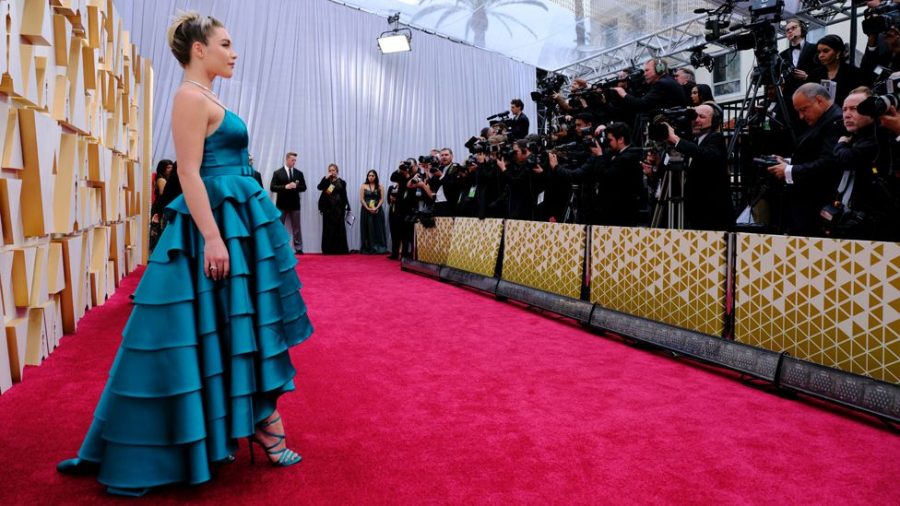Nearly every year around late Feb. or early March, the entirety of the film industry stops to appreciate its best and brightest in the world of cinema’s most important event: the Oscars. For almost 100 years, it has been the most prestigious celebration of filmmakers, actors, production teams and countless other roles involved in the filmmaking process. However, the Oscars has recently been under intense scrutiny concerning its lack of diversity. This year’s nominations have proven to be the most progressive and diverse representation of film at the Academy Awards.
It’s worth mentioning that this year’s acting nominees were the most diverse in history. Twenty acting nominees were given across four categories (Best Actor, Best Actress, Best Supporting Actor and Best Supporting Actress). Almost half of these nominations consist of people of color. More notably, this year’s nominations included the first Muslim ever to be nominated for Best Actor, Riz Ahmed, for his role in “Sound of Metal,” and the first South Korean nominee for Best Supporting Actress, Yuh-Jung Youn, for her stunning performance in “Minari.” Also for his role in “Minari,” Steven Yeun became the first Asian-American nominee for Best Actor, making him and Riz Ahmed the first two Asian men nominated for Best Actor. These nominations come after last year’s criticism of not one actor from the movie “Parasite” (which won Best Picture at the 2020 ceremony) being nominated in the acting category.
However, this year’s acting nominations have spawned their own controversy with the nominations of both Daniel Kaluuya and LaKeith Stanfield in the Best Supporting Actor category for their roles in “Judas and the Black Messiah,” which has some critics asking who actually was the “lead” role in that film? Perhaps one of the saddest firsts for this year’s nominees comes with the nomination of Chadwick Boseman for Best Actor, making him the seventh actor in the Oscars’ 93 year history to receive a posthumous nomination and the first person of color to do so.
In the directing category, this is the first year in which there are more than one female nominee for Best Director, including Emerald Fennell for her film “Promising Young Woman” and Chloé Zhao for “Nomadland.” Zhao also became the first woman of color for this award. She has broken countless other records this award season, becoming the most awarded person in a single awards season in the modern era, per Variety.
These improvements in the diversity of Oscar nominations is not only a result of the production of more diverse films but also due to the recognition of diverse films in general. The Academy has implemented many new measures to ensure a more representative voting body and a more diverse choice of films. Lulu Wang, director of “The Farewell” (2019) which is often considered as an Oscar snub, tweeted, “Last year, the Academy invited its most diverse class of members to date. This was my first year voting, and look! So proud of these historic nominations today.”
It is widely proposed that the Academy Awards needs to continue in the direction of change in order to include an equitable and more diverse range of film. While we await this improvement, we can celebrate this year’s Oscar nominations as a symbol of the Academy of Motion Picture Arts and Sciences taking a step in the right direction. The Oscars will take place April 25, honoring movies released between Jan. 1, 2020 and Feb. 28, 2021.







